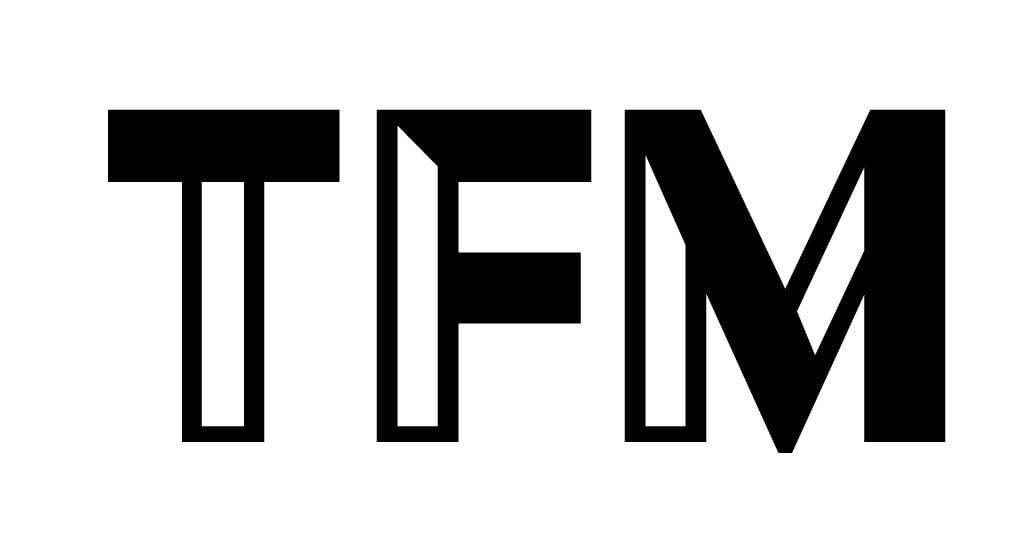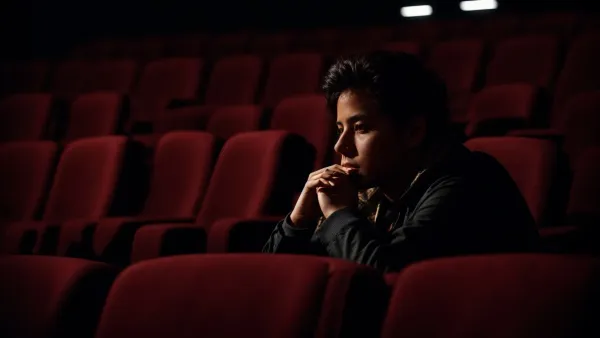After the Hunt Review: Julia Roberts Tries to Save This Muddy #MeToo Drama
A script about assault allegations that says, "But what if they're crazy?"
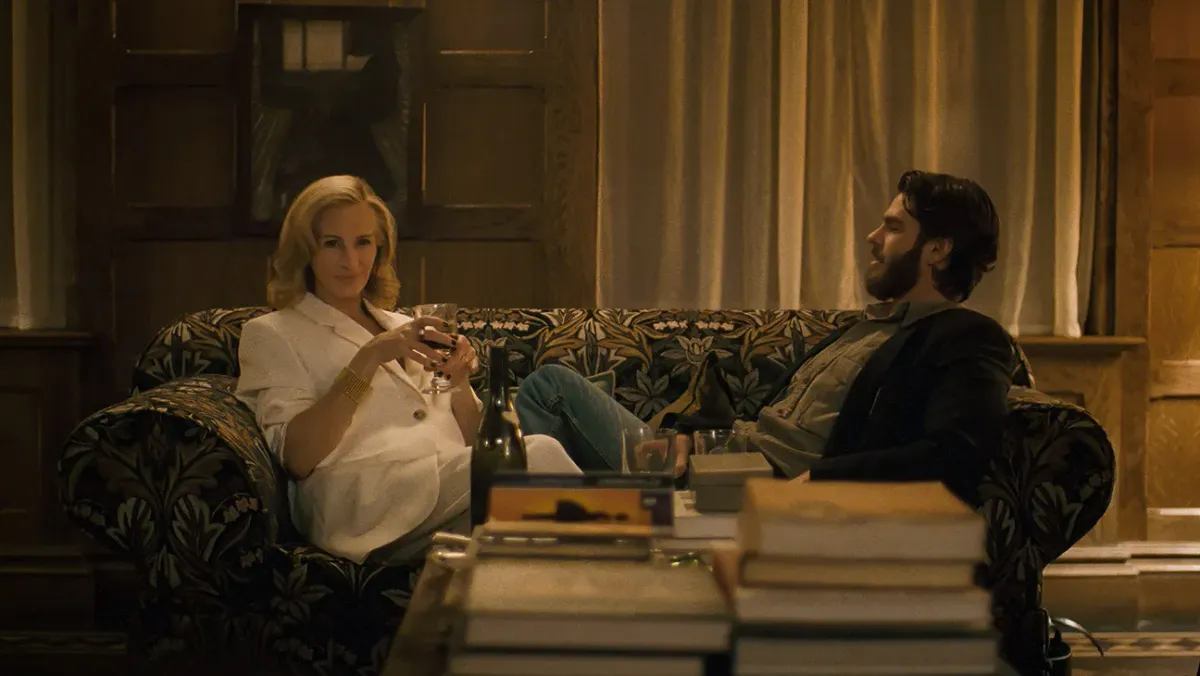
This post is free but it’s worth it to become a paid member of The Film Maven community! Paid subscribers are the backbone of The Film Maven who support independent journalism, as well as female- and disabled-created content. Paid Film Mavens get access to two-three exclusive articles a week including access to my series The Trade and Popcorn Disabilities, as well as the ability to chat with me on The Film Maven's Discord server.
Don't want to commit to a subscription? Leave a tip to show you enjoy what you're reading.
Enjoy what you’re reading? Share it with friends. Help us get to 1,000 subscribers by the end of 2025 and I’ll do a full written and video review of Francis Ford Coppola’s Megalopolis.
Read more about the history of disability in film by pre-ordering my upcoming book, Popcorn Disabilities: The Highs and Lows of Disabled Representation in the Movies. I not only expand on what you’re reading here, but examine the stereotypes, tropes, and the good, bad (and really ugly) of disabled movies. Preorder the book by clicking this link! Send me proof of your preorder and I’ll give you a paid subscription to The Film Maven for one year!
Hollywood has certainly struggled with what to do in the wake of the #MeToo. Almost immediately there was an attempt at something passing for a reckoning, with a variety of films aimed at examining toxic masculinity and sexual harassment. But, as Kayleigh Donaldson fabulously laid out in a recent article for the A.V. Club, "After The Hunt seemed like it was aiming for a no-holds-barred dissection of life in a post-MeToo world" when it's anything but. Donaldson says it feels pre-MeToo but, for me, it definitely feels like its espousing what we're dealing with now: a world where DEI is dead and toxic masculinity is tolerated, if not accepted out loud.
"It started at Yale" the opening text details as we meet impeccably dressed philosophy professor Alma (Julia Roberts). Alma has a group of dedicated colleagues and students, some might call them sycophants, specifically fellow professor Hank (Andrew Garfield) and grad student Maggie (Ayo Edibiri). When Maggie discloses to Alma that Hank assaulted her, it causes all three of them to go through a variety of shifts and turns, each one questioning the other.
In After the Hunt, it's not a question of whether Hank is actually a rapist, but whether Alma is a bad person for not immediately thinking he is. The script doesn't even call Hank what he is, more content to live in the ambiguity of Maggie saying things like "he crossed a line" and "he assaulted me," albeit we live in a world where that can mean a variety of things. But for screenwriter Nora Garrett, it's not about what saying what is, but about how one feels about it. You know, because facts are feelings and feelings are facts.
Garrett's script formulates a world where Hank, as the dedicated male millennial, feels he's a pawn in a horrific power game between two women, a marginalized community to him that already sets him apart. "It's gonna be her word against my hard work and good deeds," he cries to Alma when the allegations come out. But instead of tackling this as the ball of the "Good Guy" we've heard so much about, the movie does nothing with it, a problem for most of the relationships in it. Garfield, to his credit, tries to give audiences something different with this role. Gone is the affable good guy and in its place is a selfish, entitled schmuck who believes he's a genius. But, don't worry, he wouldn't actually say that.
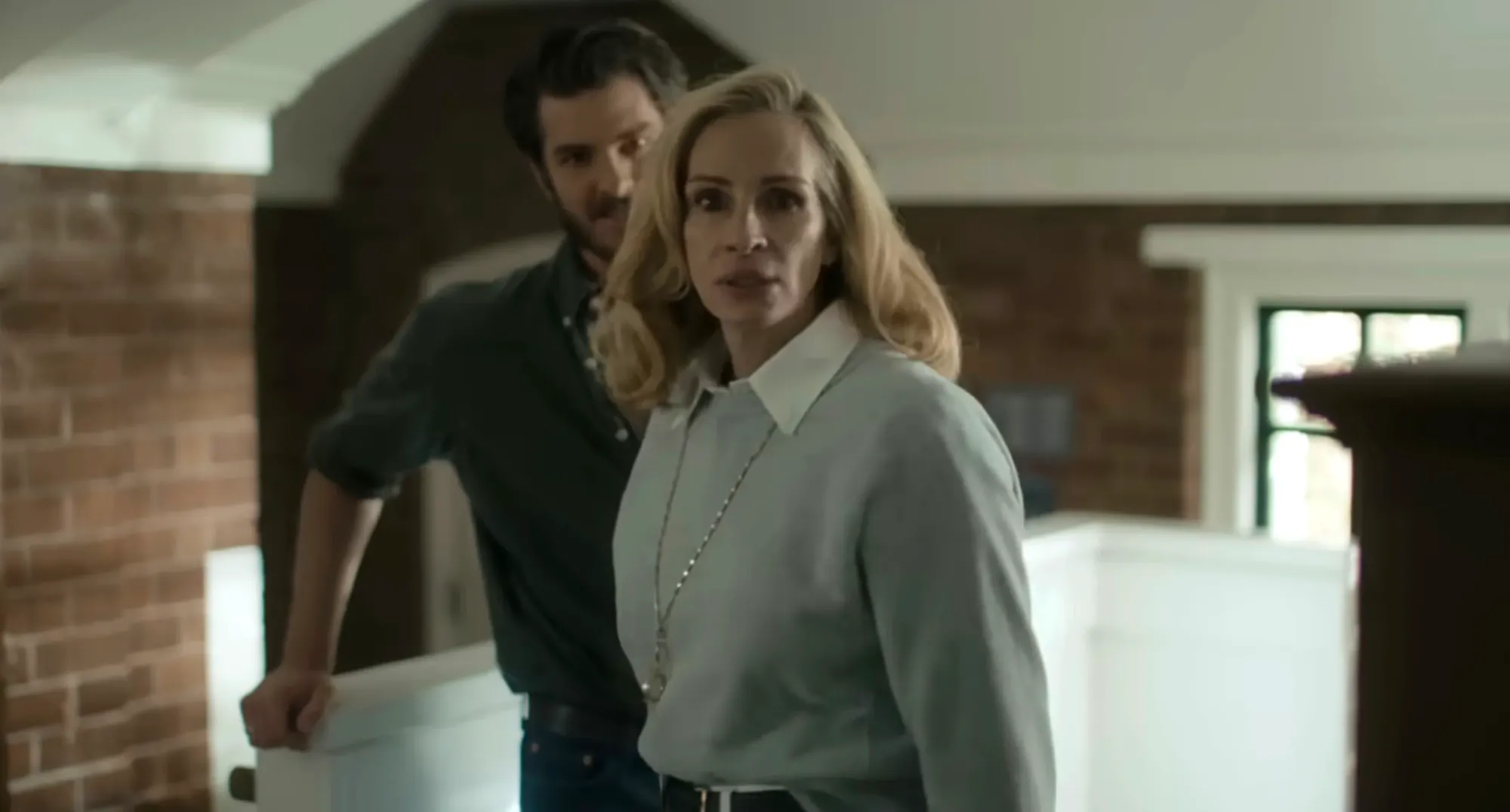
It's interesting that director Luca Guadagnino wanted to tackle this project, especially considering how his previous work on Call Me By Your Name saw its fair amount of critiques for the age gap and power imbalance in its central relationship. Guadagnino's direction is fine, though the movie could have easily been directed by anyone. There's nothing particularly Guadagnino about it, aside from his continued interest in wealthy intellectuals. Cinematographer Malik Hassan Sayeed's camera glides through beautiful kitchens and the halls of Yale like an outside observer, and the audience is truly outside, knowing little about what makes any of these characters tick.
Roberts is the highlight and has the most characterization. Weirdly enough, Garrett looks a lot like Roberts in the film, all cool blonde hair. Alma spends her time in a bubble of admirers with the only person who appears to know her being her husband, Frederik (Michael Stuhlbarg, having a lot of fun). For Alma, she's confused as to who to believe, though the script makes it obvious her relationship with Hank from minute one. The problem is, because that's so overt, it's not a gray area of whether he's crossing boundaries. It's whether anyone at Yale knows what boundaries even are. Alma herself has her own past issues with obsession and grooming but, like everything else in After the Hunt, the movie doesn't deal with this and leaves it up to Stuhlbarg--who Guadagnino sees in all his movies are the speechifying life lesson bringer--to tell her the truth about her feelings.
The viewer spends so much time with Alma, sweating over her past as well as a growing medical issue that's given her drug dependency, that the central allegations start to blur and disappear entirely. But, hey, that's okay, because the movie shakes its fist the most at Maggie. Maggie, a Black woman at an elite college, is continually derided as being a "mediocre student" who can't write and is only given everything in life because of her family's money. So when she comes forward with allegations the audience already is told to see her with a side-eye. And when we go back to her it's often for scenes that clearly set up Maggie as crazy and obsessed with Alma. Whether her allegations are true or not because irrelevant to the script because its central conceit is how does Alma get out of this without looking bad.
Edibiri really should look at firing her agent because she's certainly not getting roles worthy of her (Opus from earlier this year is another example). She seems actively uncomfortable the deeper into the movie, and it comes off less like a character trait and her awareness that the role is problematic. She doesn't spar with Roberts so much as talk at her without flinching.
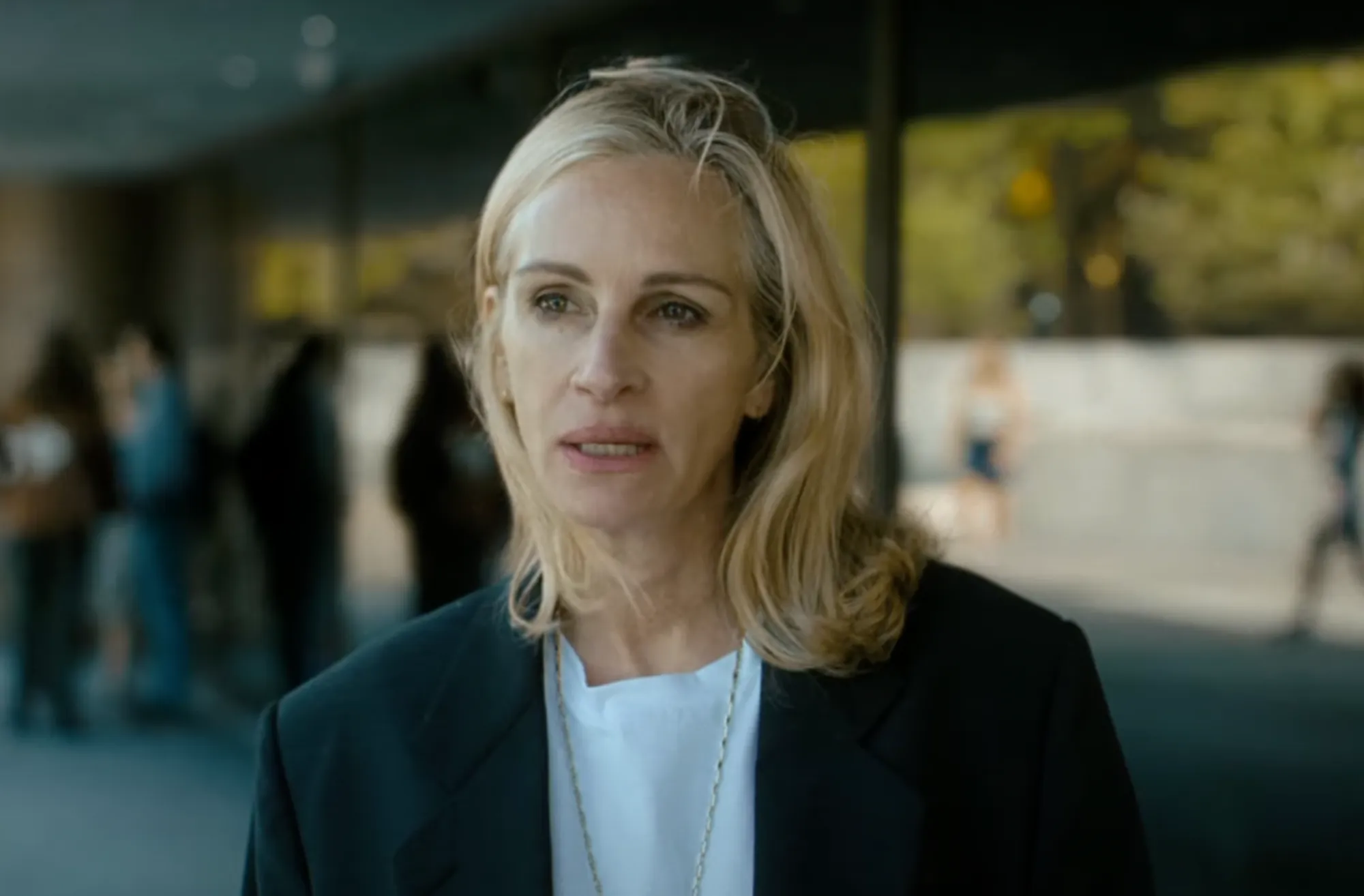
After the Hunt is a tired mess that wants to be provocative and thought-provoking in a way that feels dated and out-of-touch. The script doesn't seem interested in finding the messy middle so much as it wants to make a clean cut for the side that feels right to the screenwriter. This is less a movie about our current state of the world and more just the current status quo.
Grade: D-
After the Hunt is in theaters now.
The Film Maven is seeking sponsors to help us do more! If you're interested in sponsoring independent journalism get in touch.
Let’s work together! If you have editorial opportunities and would like to collaborate with me on an entertainment or disability project, drop me a message.
